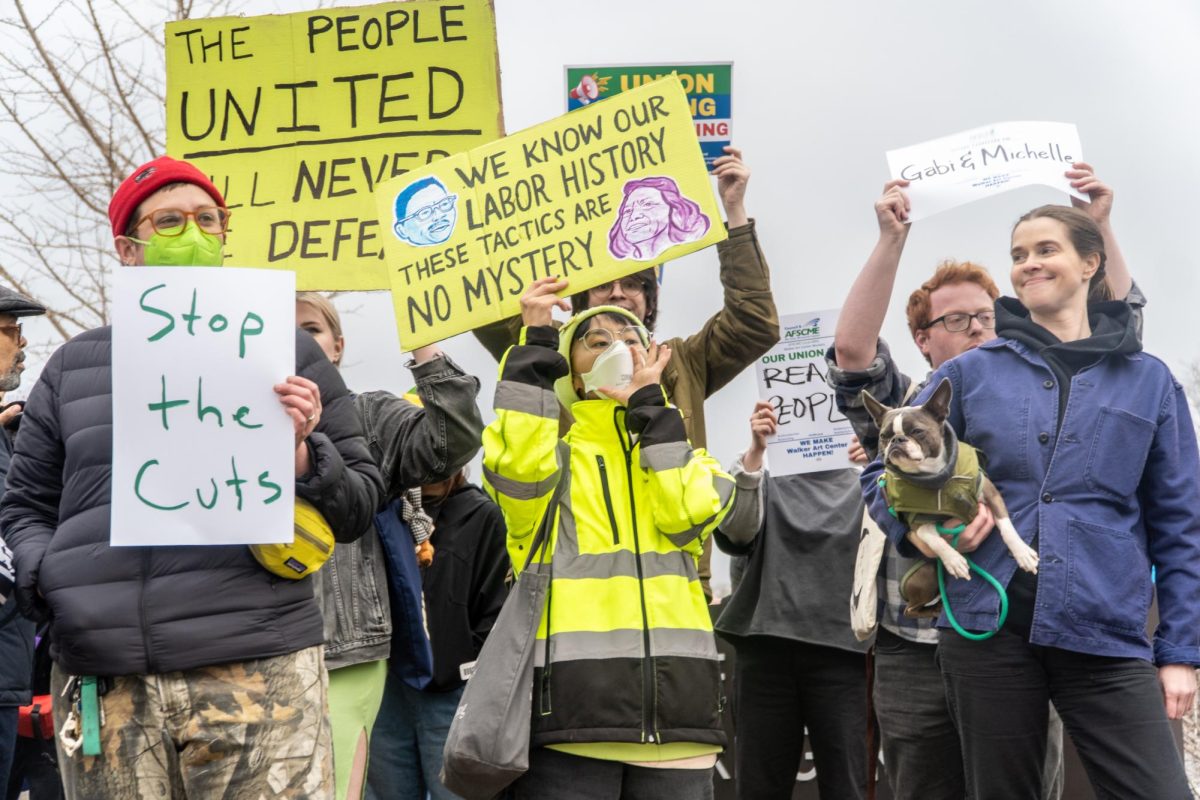Many political arguments can be simplified to the point that even small children can understand them.
Directors Chris Wedge and Carlos Saldanha tackle the moral and social consequences of eliminating the middle class and exploiting the working class to increase upper-class wealth in “Robots.” And they do it with an all-singing, all-dancing, all-robot cast.
When Rodney Copperbottom (Ewan McGregor), the son of a working-class dishwasher, tells his parents he wants to go to Robot City to continue his dream of becoming an inventor, they wish him luck and remind him to never give up.
In a “Wizard of Oz”-style quest, Rodney and his friends seek Big Weld (Mel Brooks), the head of Robot City and master of inventions.
Unfortunately, the evil Phineas T. Ratchet (Greg Kinnear) tries to take over Robot City and eliminate Big Weld’s goal of helping robots by allowing them to buy separate pieces to fix themselves instead of having to buy entirely new bodies.
Ratchet changes Robot City’s motto to: “Why be you, when you can be new?”
Although Ratchet knows many robots will not be able to afford wholly new bodies, he advocates total body replacements, because that will be most profitable for him. Ratchet does not care many robots will be unable to fix themselves or afford whole new bodies and will, consequently, be sent to the “chop shop.”
It’s the job of Rodney and his friends to try to stop Ratchet before Rodney’s father and other working-class robots die.
Not only does the story in “Robots” center on technology and machinery, but the film also uses the state-of-the-art technological advancements of IMAX to create magical scenes with common children’s toys.
For example, one scene shows a massive domino chain fall, highlighting the individual effect of one domino hitting another and creating, in the end, a work of art.
These remarkable depictions of ordinary objects and their commentary on political issues set “Robots” apart from most other animated films.
Unlike other Hollywood products, “Robots” pushes a strong, progressive commentary that seems contrary to the beliefs of the major corporations that produced the movie.







